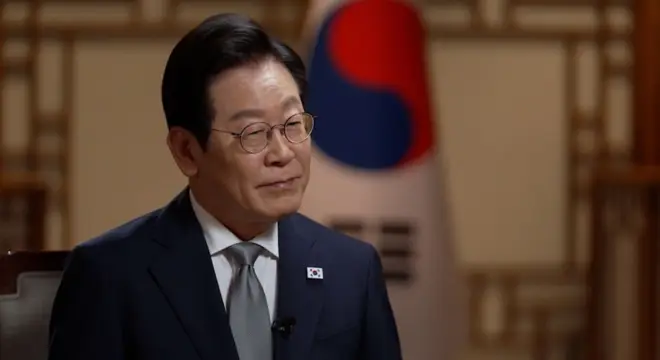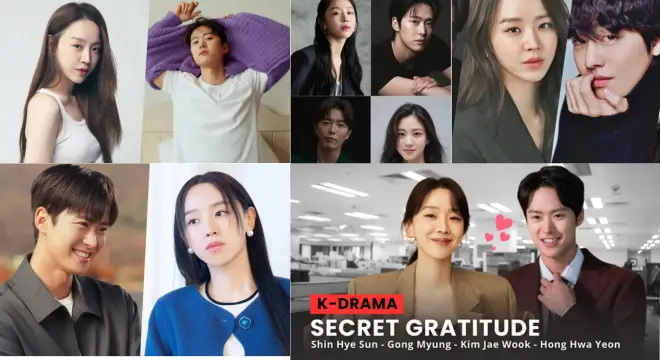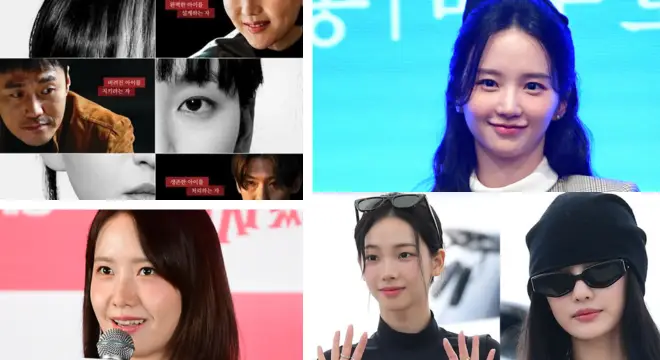|
Getting your Trinity Audio player ready...
|
In the highly anticipated President Lee interview with CNN in 2025, South Korean President Lee Jae-myung demonstrated a unique form of leadership that beautifully intertwined diplomacy, democracy, and cultural pride.
Located at the Presidential Office in Seoul, just prior to the Gyeongju APEC Summit 2025, the interview represented multiple facets of South Korea’s global identity — from trade negotiations and diplomatic dialogue to K-culture and democratic ideals.
The interview was a multi-segment interview, each segment shared on Korean media and CNN International, examining each of the three foci of President Lee:
- Peace and diplomacy,
- Democracy and cultural showcases, and
- Global equity related to foreign relations.
Collectively, the interviews created a united and powerful vision and narrative — a South Korea that is ready to lead the world through principle rather than power.
Segment 1: Diplomacy, Trade & Peace Talks (Korean Broadcast)
The first segment of the interview was broadcasted in Korea, primarily focusing on U.S.-Korea trade talks and other opportunities for initiating peace. At a time of intense trade talks, President Lee demonstrated a calm confidence that ultimately both sides will reach, “a reasonable and logical conclusion.”
While Lee was asked of then-President Donald Trump’s harder-line approach to tariffs, Lee responded with laughter, a warm chuckle, the small moment continued to show a professional leader. Lee did not indicate a sense of urgency or need to respond before discussing understanding and rational dialogue, reinforcing the idea the establishment of negotiation should rely on fairness and logic as opposed to pressure.
On the topic of a potential U.S.-North Korea summit at the APEC meeting, represented by Lee, he entirely supported the actions. He indicated “to initiate dialogue” with an “initiate peace” campaign, he would “fully welcome and assist in any peace initiative that opens dialogue.” Lee indicated again that he was “a peacemaker supporting the peacemakers,” and mentioned even “conversation” is a step in the “path to peace” without confrontation.
Lee’s voice was hopeful, and while reasonable, sounded like an expression of a leader based in reason but motivated by empathy. For President Lee, diplomacy is not justified by an opportunity to win at each encounter or each situation, rather it is persistence, patience, and faith in the beliefs of humans to some collective understanding.
Core Message:
Peace through dialogue, reason over aggression, and maintaining strong alliances through mutual respect.
Segment 2: Democracy, K-Culture & Global Image (CNN International)
The CNN International segment, “President Lee: South Korean Democracy Could Be a global standard,” provided a more personal, cultural, and philosophical exploration in respect to Lee’s worldview. The emphasis shifted from trade to principles, or values, and how Korea’s democracy and its culture could motivate countries worldwide.
Lee remarked, “The greatness of South Korea’s democracy could become the global standard.” He mentioned how true culture does not simply entertain; it expresses order, empathy and moral beauty. From K-pop and K-dramas to K-food, the consistent themes — balance and sincerity — resonate throughout the Korean Wave, or Hallyu.
During the segment, Lee shared a more personal aspect — binge-watching the K-drama show “When life gives you Tangerines.” He claimed how he was emotional while watching the series; and, thus, it illustrates how deeply rooted Korean story-telling is to the human condition universally.
In front of a table of Andong apples, tangerines, and Hwangnam Bread (local dishes) Lee also mentioned how he considers K-food “the healthiest in the world,” and sees it as symbolic of Korean comfort and simplicity.
The discussion also touched on work culture. Lee drew attention to the contrast between Korea’s progressive reforms and China’s intense workweeks, emphasizing that the future belongs to nations that balance innovation with quality of life.
Core Message:
Korean democracy and culture are two sides of the same coin — both rooted in empathy, order, and creativity. Together, they represent Korea’s soft-power strength in the global arena.

Segment 3: Geopolitical Balance & Global Diplomacy
In another segment, published as “President Lee Would Back NK–US Summit, Not Exclude China”, Lee tackled the complex realities of international diplomacy head-on.
He reiterated his support for a potential U.S.–North Korea meeting, saying he would “actively assist” any effort toward peace during the APEC Summit. Lee also praised Trump’s intentions for peace, calling him a potential “peacemaker.”
However, Lee’s comments about China stood out most. He acknowledged ideological differences but stressed that “we cannot shut out China.” According to him, global politics cannot be divided into friends and enemies — it’s far more intricate. Every relationship, he noted, requires flexibility, patience, and understanding.
He admitted that balancing the U.S.–Korea alliance while maintaining ties with China is a delicate task. Yet, he seemed determined to position Korea as a diplomatic bridge, capable of mediating between competing powers.
Core Message:
South Korea’s role is to act as a peace bridge — maintaining harmony among major powers while safeguarding its own national interests and values.
Unified Perspective — The Three Dimensions of Leadership
| Segment | Focus | Core Idea |
| Korean Video | Tariffs, Peace, Diplomacy | Logic, negotiation, dialogue |
| CNN International | K-Culture & Democracy | Soft power, values, cultural pride |
| China–US–NK | Global Balance | Geopolitical strategy & peace |
Taken together, these three segments reveal a coherent leadership philosophy:
South Korea’s progress is strongest when peace, democracy, and culture move together.
President Lee didn’t just present policies; he presented a mindset — that progress should come from balance, understanding, and shared values, not from competition or coercion.
His calm humor, thoughtful answers, and genuine love for Korean culture made the interview not just political, but personal. It was less about power — more about purpose.

Conclusion
The President Lee CNN Interview 2025 was more than just an interview — it was a message for the world. Throughout each segment, whether it was tariffs, tangerines, or treaties, Lee reflected this theme:
“The only strength of South Korea is not power, but principle.”
By blending diplomacy with culture, and peace with democracy, President Lee presented the story of a nation that leads by example. He holds a vision of a Korea that sees dialogue, cooperation and culture over dominance and confrontation.
In a time of global tensions and fragmentation, Lee’s interview reminded us all of a far more simple lesson – progress based on empathy, logic and culture is both sustainable, and universal. Under his vision, South Korea is not just last to global trends – it shapes them.
And, that, cutiee, is why the president lee cnn interview 2025 will likely join the ranks as one of the defining media moments of the year.


